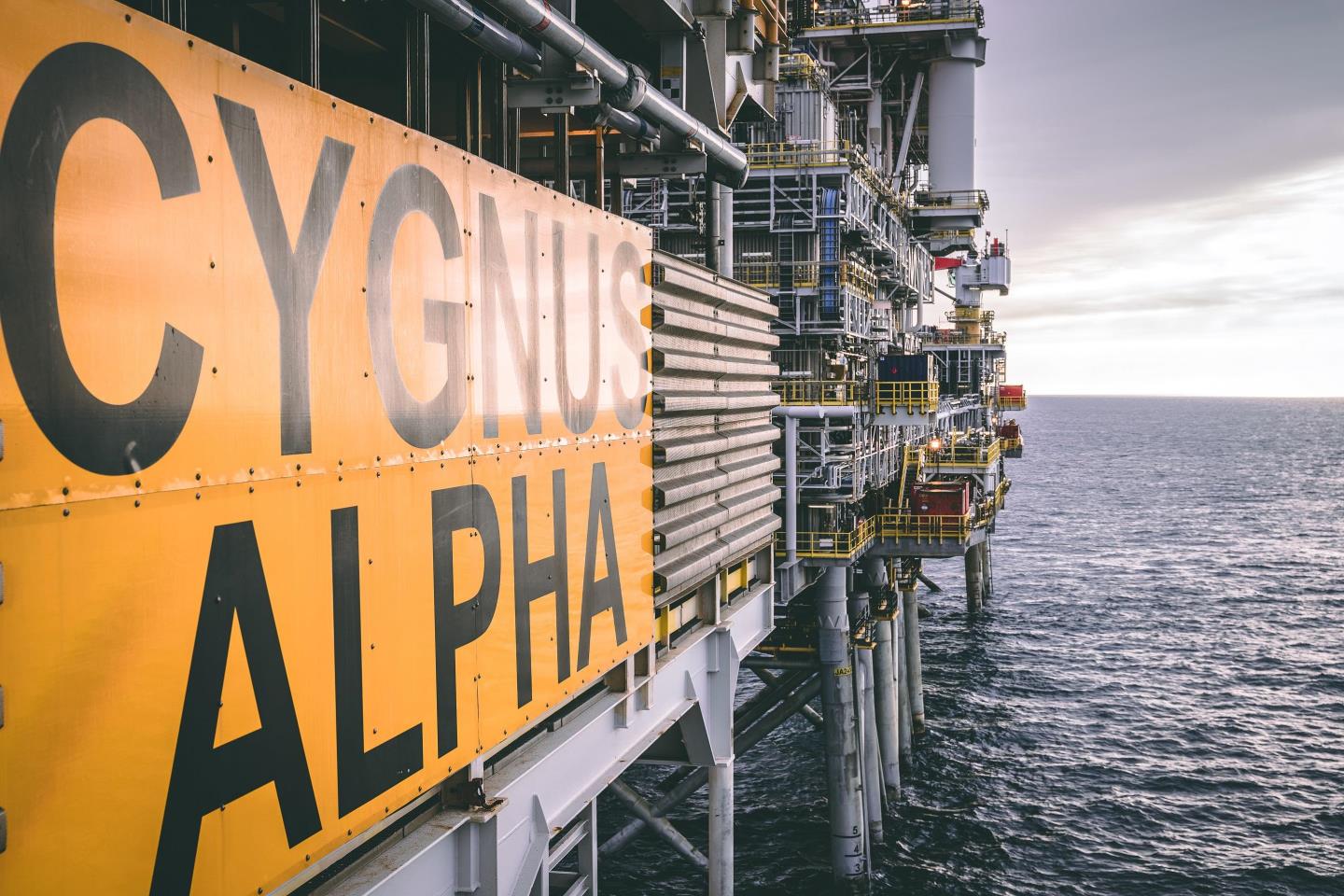
The UK economy depends on secure, affordable and increasingly lower carbon sources of energy. Under all scenarios, hydrocarbons will continue to play an important role to 2050 and beyond.
Gas, in particular, has a crucial part to play in the energy transition, for home heating, industrial uses, power generation, and in supporting renewables when the wind isn’t blowing and the sun isn’t shining.
The UK’s Climate Change Committee forecasts that natural gas demand will still be at 30% of today’s levels in their 2050 net zero scenarios, and we know that natural gas will support production of hydrogen – a key decarbonisation fuel.
This requires that policymakers help ensure we source the hydrocarbons we need from the most secure, most cost-effective, low-carbon and methane intensity sources. Increased reliance on imported sources will only result in higher emissions, less predictable supplies and exposure to price volatility that would increase costs for consumers, who will likely bear the brunt of costs associated with meeting net zero goals.
Neptune Energy supplies around 12% of the UK’s gas consumption from our operated Cygnus gas production facility in the UK Southern North Sea and from our Gjoa facility offshore Norway, with extremely low carbon intensity supplies. These fields have a carbon intensity that is around 90% lower than the rest of the UKCS and, when compared with the carbon intensity of imported LNG, the figures speak for themselves; the carbon intensity of some sources of imported gas is 59 kgCO2e/boe, while the average intensity of UK domestically-produced gas is 22 kg CO2e/boe. At Cygnus, it is around 1.2kg, and 2.3kg at Gjoa.
We also recognise the essential role minimising methane emissions plays in meeting net zero goals. Our Cygnus and Gjoa fields have very low methane intensities at 0.003% and 0.005% respectively, compared with the OGCI industry average of 0.23%. This is especially important, given methane has a global warming potential that is 84 times greater than CO2.
We want to go even further and we are working with the Environmental Defense Fund to trial methane sensing technology at Cygnus this month. The project will evaluate advanced methods for quantifying and reporting offshore methane emissions, identifying key sources and prioritising mitigation actions. The findings will be peer-reviewed, with the potential to create a blueprint for best-practice for the wider upstream industry.
We’re also looking at opportunities in the UK to create safe, low-cost CO2 storage and blue hydrogen production, by re-purposing existing pipelines and facilities where practical. Our DelpHYnus project would help decarbonise the South Humber industrial area and is one of five projects currently being reviewed by the industry regulator, the Oil and Gas Authority. In addition, we’re looking into electrification, which has the potential to reduce the carbon intensity from our operations even further. Gjoa is already electrified with hydropower from shore, and we have commenced studies to understand the options for Cygnus.
Neptune Energy is supporting the transition by helping reduce the carbon intensity of the oil and gas we supply, while investing in the low-carbon technologies of the future. We are supporting UK demand from current production, and via plans for new projects in the UKCS, providing the UK with cleaner, more secure sources to meet its energy demands.
Getting this right will ensure the oil and gas industry continues to support jobs and local communities, and secures the investment needed to unlock the technologies required for net zero.
Recommended for you

 © Supplied by Neptune Energy
© Supplied by Neptune Energy